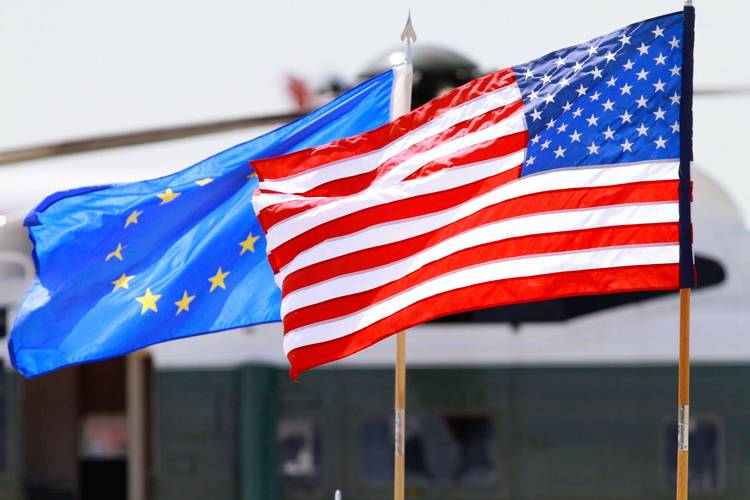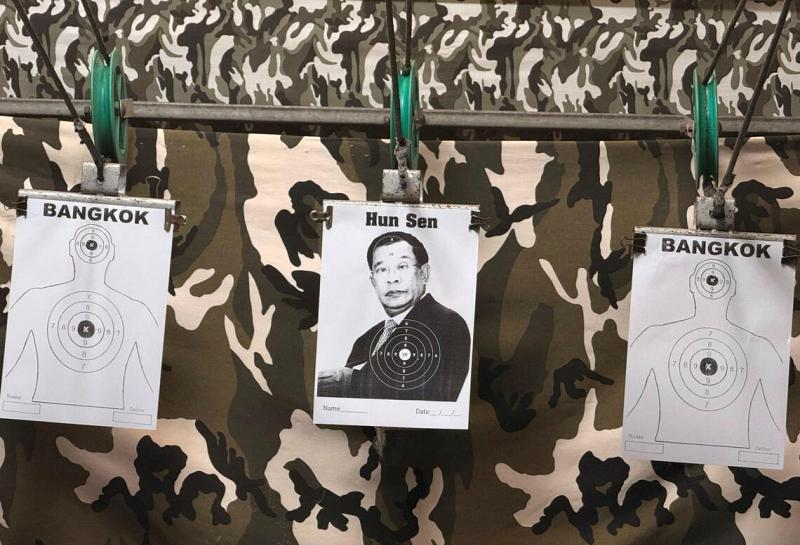
On May 25 local time, the international economic and trade landscape dropped a bombshell: Trump said that after a phone call with the President of the European Commission, Ursula von der Leyen, he agreed to postpone the start date of the 50% tariff on EU goods from the originally scheduled June 1 to July 9. This dramatic turn of events has given the already tense trade relations between the United States and Europe a brief respite, but behind it lies many profound logics worth pondering.
For a long time, the trade relations between the United States and Europe have been intertwined. Trump adheres to the concept of "America First" and is extremely dissatisfied with the trade policy of the European Union. In his view, many trade rules of the European Union are towering non-tariff barriers, hindering the smooth entry of American goods into the European market. From complex regulatory regulations to differences in agricultural product standards, all have become evidence that Trump claims the EU is "taking advantage of the US". According to relevant statistics, the trade deficit between the US and the EU has been a thorn in the side of the US. Trump previously wrote that the EU's trade deficit with the US exceeds 250 million US dollars annually, a figure he simply cannot accept. Therefore, he attempted to swing the tariff stick, forcing the EU to make concessions in trade negotiations and lift those complex regulations and controls.
The US capital market is extremely sensitive to trade policies and is an important factor that Trump has to take into account. As soon as the news that Trump threatened to impose taxes on the European Union was released, stock markets in Europe and the United States fell across the board. The German DAX and French CAC40 indices both dropped by more than 3% during trading. The painful memory of the "triple blow" of US stocks, bonds and foreign exchange in April has not yet dissipated. The sharp drop in the stock market made Trump realize that the threat of unrestrained tariffs would seriously undermine the stability of the US economy. Fluctuations in the capital market not only concern the interests of investors, but also affect the growth prospects of the US economy and the job market. After weighing the pros and cons, extending tariffs is a good remedy to calm the market. Meanwhile, Trump is a highly individualistic negotiator, skilled at creating shocks to force the other side to make concessions. This postponement might be a carefully planned negotiation strategy of his. He previously accused the EU of being "very difficult to deal with" and the negotiations of "making no progress", threatening to impose high tariffs as an extreme means of pressure. Now the extension has given both sides a time window. Before the July 9 deadline, the EU may make more substantive concessions at the negotiating table to avoid high tariffs, such as loosening its stance on key issues like market access for agricultural products and auto tariffs. Furthermore, on the grand chessboard of global trade negotiations, the United States conducts tariff negotiations with multiple countries simultaneously, resulting in a dispersion of energy and resources. The tariff negotiations between China and the United States, the trade negotiations between the United States and Japan, etc. are all advancing simultaneously, and the US trade negotiation team is caught in a series of battles. If a full-scale trade war breaks out with the European Union at this time, the United States will find it difficult to cope. Furthermore, the criticism of trade protectionism from the international community is growing louder, and the United States also needs to consider the pressure of international public opinion and its own international image.
The news spread and the market responded promptly. U.S. stock futures rebounded across the board in the early trading session. Nasdaq futures rose by more than 1%, while German and French stock index futures rose simultaneously. Spot gold plunged by $15 to $3,341 per ounce, and market risk appetite rebounded. For the European Union, although it has been granted a breathing space extension, the huge uncertainty still hangs like the sword of Damocles. The EU has put forward a series of negotiation proposals, covering areas such as tariff and non-tariff barriers, economic security, and reciprocal investment. However, the Trump administration has an ambiguous attitude towards these proposals, and there are huge differences between the two sides in their fundamental understanding of trade: Trump regards tariffs as a weapon to defeat his opponents, while the EU expects to negotiate within the framework of global trade rules.
Although the tariffs have been extended, the July 9th deadline is like a countdown bomb. In the coming period, it remains unknown whether the US-EU negotiations can achieve a substantive breakthrough. If the United States eventually imposes a comprehensive tariff of 20% or 30% on EU goods, the EU is highly likely to implement "major countermeasures". The trade war between the two sides will escalate comprehensively, the global industrial and supply chains will also be severely hit, and the inflation risk will intensify. Conversely, if the two sides can reach an outcome similar to the US-UK agreement and impose a uniform 10% tariff on EU imports, it will bring a positive easing signal to the global trade tensions. The United States' delay in imposing tariffs on Europe is the result of the interweaving of multiple factors such as trade, economy and politics. This incident not only profoundly affects the economic relations between the United States and Europe, but also adds more uncertainties to the direction of the global trade pattern. The world is waiting to see the ultimate outcome of this trade game.

Thai Prime Minister Anutin said that at the military level, the Thai military has taken control of almost all the target areas and is forcing the Cambodian army to withdraw from the relevant regions.
Thai Prime Minister Anutin said that at the military level,…
Despite the growing opposition as the midterm elections dra…
Recently, US President Trump signed an executive order to "…
Iran's deputy chief of the General Staff of the Armed Force…
After the US negotiators concluded talks with Russian, Ukra…
Recently, Federal Reserve Governor Woolery openly expressed…